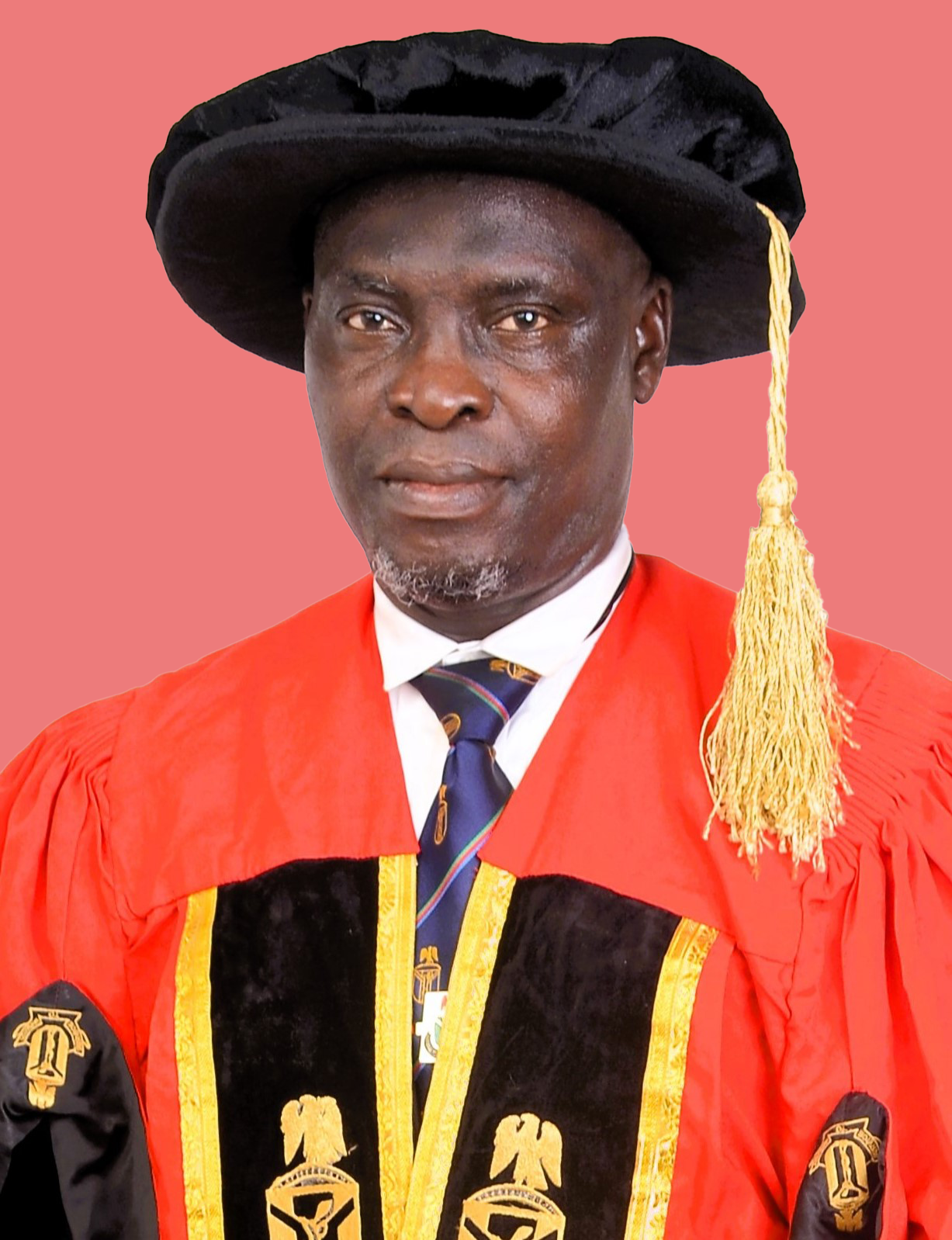EDUCATION

VC URGES SUPPORT AS NEW MEDICAL UNIVERSITY WELCOMES ITS FIRST STUDENTS
The Vice-Chancellor of the Federal University of Medicine and Medical Sciences, Abeokuta (FUMMSA), Prof. Fatiu Arogundade, on Tuesday appealed to public-spirited individuals and corporate organisations to support the growth of the university, which commenced operations about five months ago.
Prof. Arogundade emphasized that funding a university is a significant undertaking that should not fall solely on the government.
He commended President Bola Tinubu for establishing specialised universities of medical sciences across the six geopolitical zones, noting that the initiative would help increase the number of healthcare professionals and strengthen the quality of healthcare delivery nationwide. The Vice-Chancellor also highlighted that the intervention could reduce the effects of the “Japa syndrome” by producing more skilled health workers annually.
The call for support was made during a briefing announcing FUMMSA’s maiden matriculation, scheduled for Thursday.
After a successful resource verification, the university was granted a carrying capacity of 1,000 students based on available facilities. Over 850 pioneer students, admitted through the Joint Admissions and Matriculation Board (JAMB), are expected to be formally inducted during the ceremony.
Currently, the university offers programmes in Nursing Science, Medicine, Biology, Microbiology, Biochemistry, Pharmacy, and Medical Laboratory Science, among others. FUMMSA is temporarily operating from the campus of the Federal University of Agriculture, Abeokuta, with plans to relocate to its permanent 170-hectare site at Ajibayo town along the Idi Aba–Ajebo Road, which is under construction.
Prof. Arogundade noted that regulatory bodies, including the National Universities Commission, Medical and Dental Council of Nigeria, Nursing and Midwifery Council of Nigeria, and Pharmacy Council of Nigeria, require the permanent site to be sufficiently developed for academic activities in the coming months to secure accreditation for all eight faculties within the next two years.
While the university has received substantial support from federal and state governments, as well as prominent indigenes, the Vice-Chancellor stressed that further contributions are critical for its rapid growth.
“There is urgent need for more support to secure a fully functional FUMMSA as envisioned by the distinguished sons and daughters of Egbaland, Ogun State, and Nigeria. The Federal Government alone cannot shoulder the entire cost of providing all necessary facilities for a specialised university,” he said.
Arogundade added that the university would welcome endowments, donations, and facilities or equipment, which could be named after the donor if desired. Hostels will be developed through a public-private partnership model, which will be announced soon.
Highlighting the university’s educational philosophy, the VC stated that medical education at FUMMSA goes beyond the transmission of skills, combining intellect, empathy, and innovation. The institution aims to train competent healthcare professionals capable of addressing national and global health challenges through creative, technology-driven solutions. “Every programme, partnership, and act of service reflects the founding conviction that knowledge is most powerful when it heals and serves,” he said.
Prof. Arogundade expressed gratitude to President Tinubu, the Ogun State Government, the Vice-Chancellor of FUNAAB, Prof. Olusola Kehinde, and the Alake and Paramount Ruler of Egbaland, Oba Adedotun Gbadebo, for their support in ensuring the smooth take-off of the university. He called for continued cooperation from all stakeholders to help FUMMSA achieve its vision.
Government-owned universities in Nigeria continue to face challenges, particularly underfunding, which leads to poor infrastructure and high student-to-lecturer ratios, often resulting in disruptions to academic calendars due to strikes by the Academic Staff Union of Universities.
"This represents a significant development in our ongoing coverage of current events."— Editorial Board









